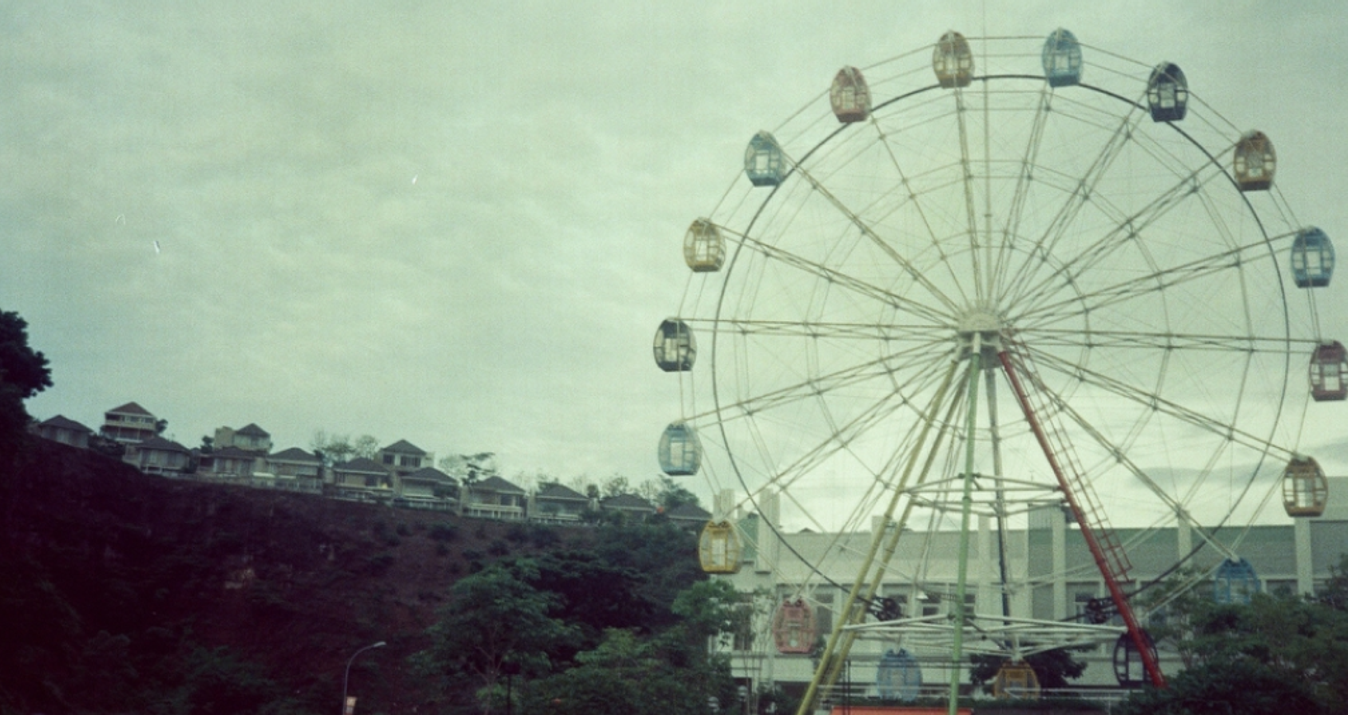What's ICM Photography And How To Apply It For Your Images?
March 22, 2024
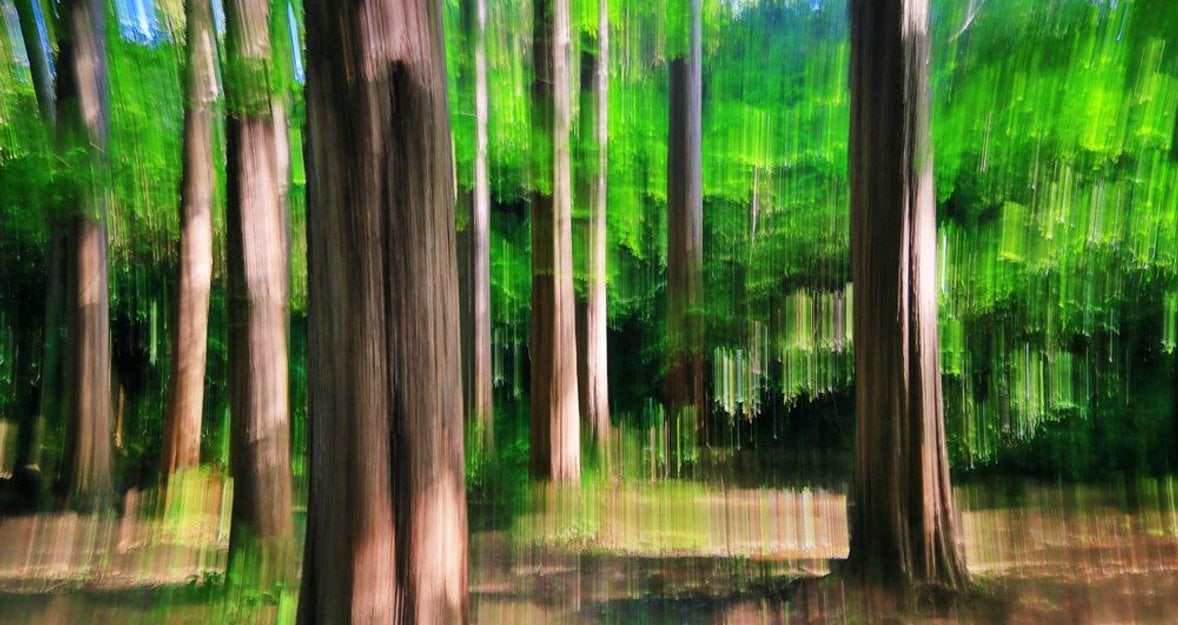
Do you want to reveal your creative potential and learn new shooting techniques? Try making ICM photos! In our blog, we will discuss camera movement techniques and how easily they can be implemented even by beginners.
What is ICM in photography? Intentional Camera Movement, in other words. This technique allows photographers to create unusual abstract and artistic images. Unlike traditional photography, which favors sharpness and clarity, ICM uses blur and movement to convey a sense of dynamism and emotion.
You should understand basic principles and techniques to understand how they work and use them to benefit your creativity. From ICM meaning and understanding the basics of camera movement to mastering the advanced techniques of ICM in photography, we'll help you apply this innovative approach to your images. Join us in this camera movement guide to unlock the secrets of ICM photos and develop your artistic vision.
Creative Possibilities of ICM
Technique ICM opens up creative possibilities, allowing you to create unique and impressive visual effects. Let's take a look at some examples of how you can use camera movement techniques:
Abstract Landscapes
Add ICM to landscape photography to blur the lines between reality and abstraction. Experimenting with horizontal or vertical movement will help you create a sense of dynamism in static scenes. You can add depth and a sense of sound to your compositions by creating images of tranquil landscapes with blurred foregrounds and sharp backgrounds.
Ethereal Seascapes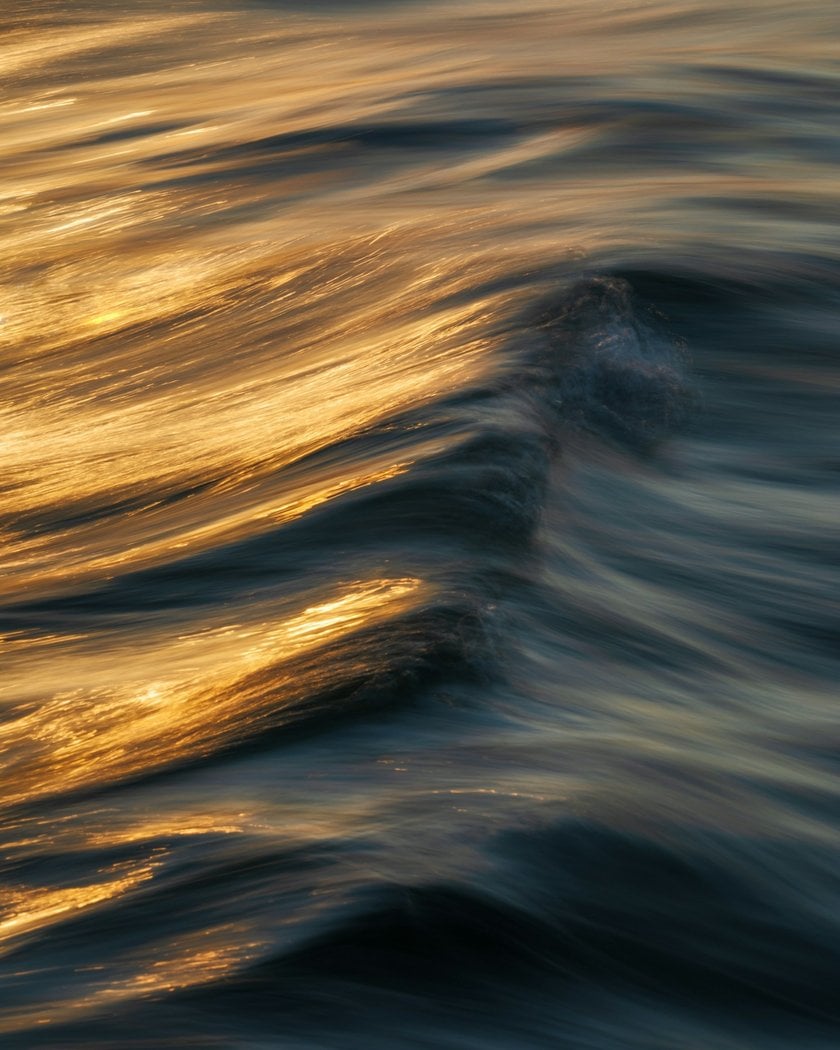
Applying ICM technologies to seascapes can capture the fluidity and energy of the water. You can blur the waves and create a fantastic atmosphere with the help of horizontal strokes or gentle strokes up and down. Show the fluidity of natural elements, such as the flow of water, the movement of clouds, or the swaying of trees.
Advanced yet easy-to-use photo editor
Get Luminar Neo NowExpressive Portraits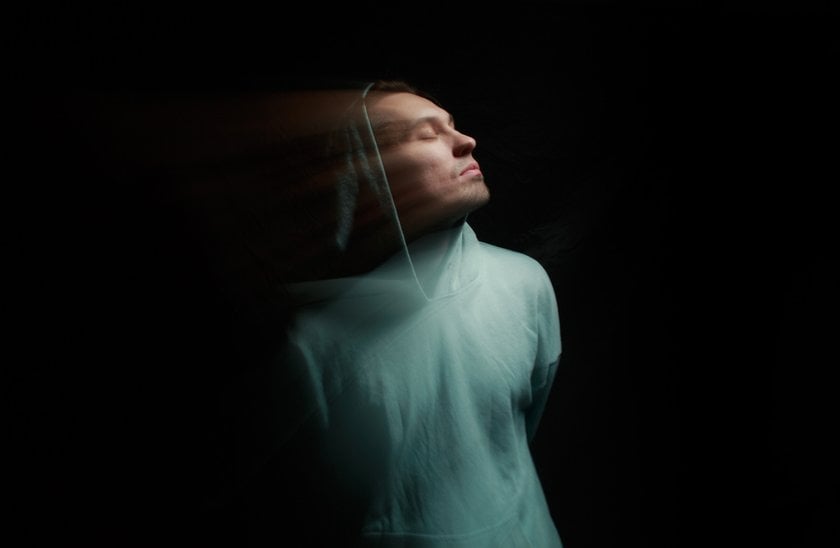
With ICM, you can add a sense of movement and spontaneity to portrait photography. Try subtle camera movements or intentional shakes to add dynamic energy and visual interest.
Urban Impressionism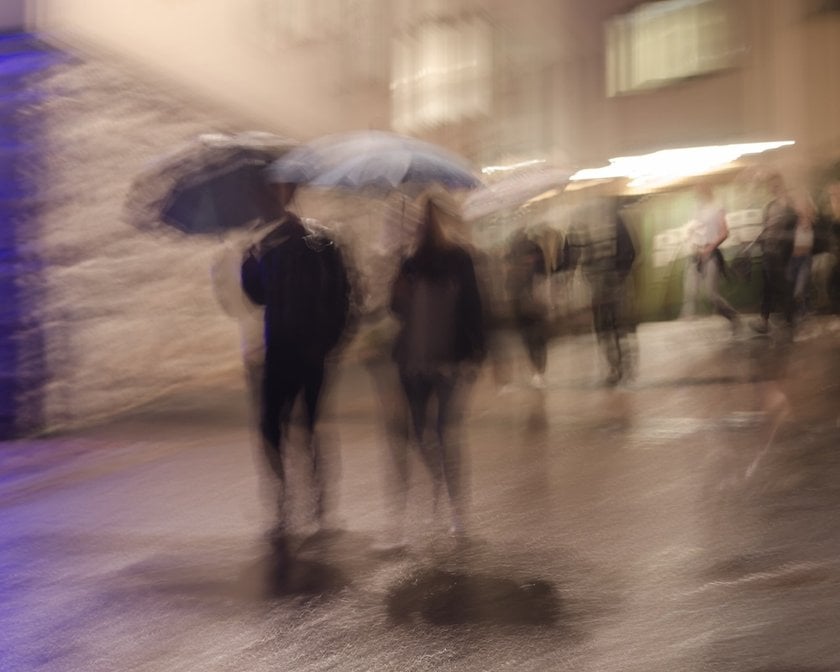
With ICM, explore the cityscape through the prism of impressionism. Vertical or diagonal movements blur architectural details, transforming cityscapes into bright, picturesque compositions. Convey the hustle and bustle of city life by adding dynamism to static compositions and capturing the energy of bustling city streets with intentional blur.
Abstract Patterns
Highlighting abstract patterns and textures created by deliberate camera movement can create captivating images that challenge the viewer's perception and spark curiosity.
Equipment and Settings for ICM Photos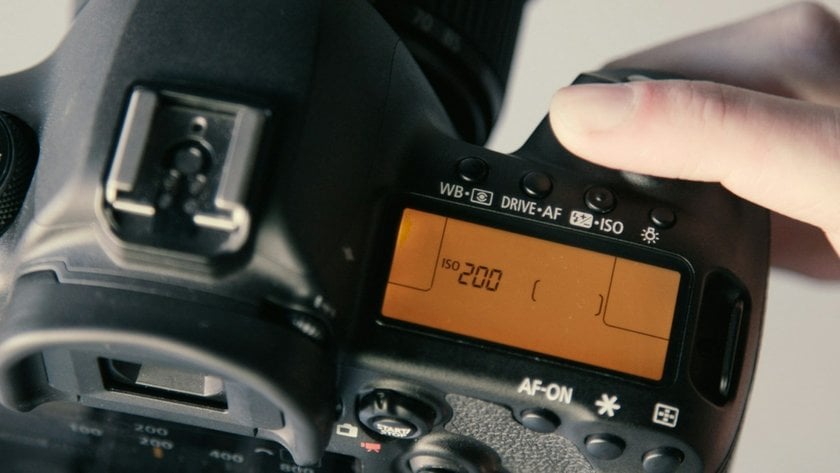
First, you will need a camera with manual control and the ability to adjust the shutter speed and aperture.
A tripod will also come in handy. It will ensure stability during long exposure.
A remote shutter release or camera self-timer minimizes camera movement. Different shutter speeds produce different levels of motion blur, typically from a few to several seconds.
It's best to start with a moderate aperture value (around f/8 to f/16) to ensure sufficient depth of field when creating creative blur effects.
Neutral density filters can be used to control exposure in bright conditions.
Exclusive Tools of Endless Possibilities in One AI Editor
EXPLORE NOW!Tips for Successful ICM Photography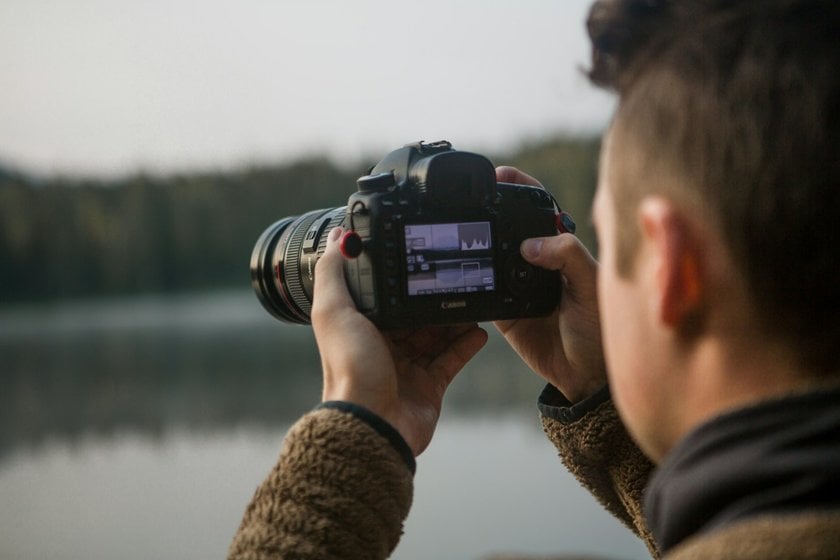
Of course, you'll need practice, patience, and a willingness to accept unpredictability. However, we have a few more practical tips that will help you achieve successful results faster:
Experiment with Endurance
Longer shutter speeds create more pronounced blur, while shorter shutter speeds preserve sharper details. It should be considered when adjusting the shutter speed to achieve the desired effect. When you understand the contrast in photography, finding the perfect setting for each shot is easy.
Use Manual Focus
Set the focus manually so the camera captures motion blur rather than trying to focus on a specific subject.
Stabilize Your Camera
While intentional movement is key, keep your camera steady to prevent excessive shaking. Use a tripod or lean on a stable surface for smoother movements.
Explore Different Movements
Experiment with different camera movements such as pan, tilt, or rotate to achieve various effects and textures in your images.
Embrace Imperfection
ICM photography is inherently unpredictable, so accept unexpected results. Allow spontaneity and creative freedom in your process.
Look for Inspiration
Explore examples and case studies to gain inspiration, find movement photography ideas, and deepen your understanding of effectively using this technique to create compelling and visually striking photographs.
Principles and Techniques of ICM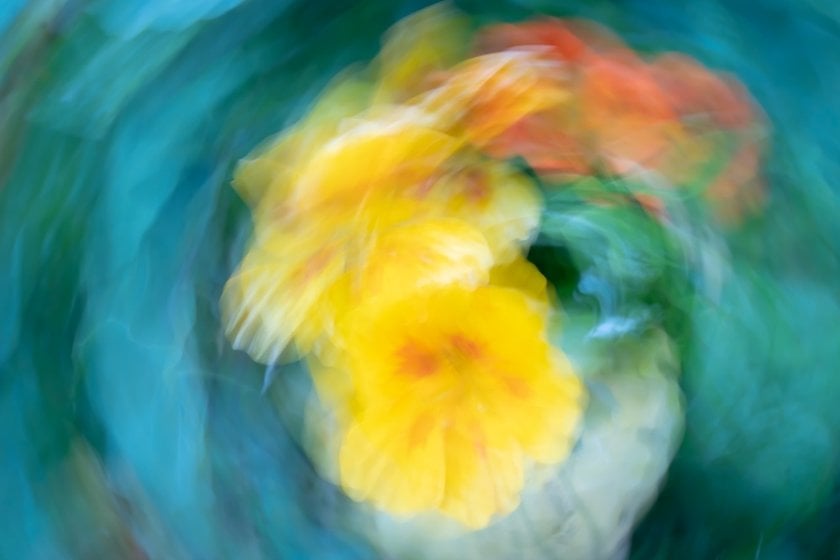
As we have already defined, in this type of photography, the basic principle is to move the camera deliberately during the exposure. Try different methods of camera movements: pan, tilt, or rotate. Each of them will give you a distinct, unique effect. Shutter speed and aperture settings are important for controlling depth of field and motion blur. In addition, mastering the principles of composition, such as different types of framing in photography, will help guide the viewer through the deliberate chaos of ICM images. By combining these techniques in your experiments, you can tame the unpredictable nature of ICM.
Advanced ICM Techniques
By learning more professional ICM techniques, you can expand your creativity and expression boundaries. Here are some key methods that can take your shots to the next level:
Layering effects
Experimenting with multiple layers of intentional movement can create complex and dynamic compositions, adding depth and complexity to an image.
Zoom and Focus
Applying zoom or focus techniques while moving the camera can create mesmerizing visual effects by drawing attention to certain elements in the frame.
Double Exposure
Combining deliberate camera movement with double exposure techniques can create ethereal and dreamy images, seamlessly blending multiple scenes or objects.
Drawing with Light
Using light sources to paint or illuminate a scene while moving the camera can add a magical quality to photos by enhancing colors and creating exciting light trails.
Post-Processing ICM Images with Luminar NEO
Quality editing and proper post-processing of ICM images can enhance their artistic impact. With Luminar NEO, you can easily and quickly improve your ICM photos with just a few creative adjustments:
Use the Motion-Blur Effect tool to add motion blur to photos and simulate or enhance the sense of motion in images. Adjust the intensity and direction of the blur to achieve the desired effect, emphasizing the dynamic energy captured in the picture.
Using Focus Stacking Software, you can increase the overall sharpness and clarity of your ICM images. Experiment with sharpening and selective masking to highlight specific areas of interest.
Blur Photo Background to further emphasize the subject or focus on your ICM images. Create a beautifully blurred background that adds depth and visual interest, drawing the viewer's attention to the main subject of your composition.
Additionally, texture overlays can add depth and richness, improving the tactile quality and appeal of ICM images. Trim the excess or resize the composition, creating balance and harmony of visual elements. Adjusting tones, hues, and contrasts can emphasize surreal and otherworldly elements captured by deliberate camera movement.
Common Mistakes to Avoid in ICM Photography
1. Overly Fast Movements
One common mistake is moving the camera too quickly, resulting in chaotic and overly blurred images. It is important to control the speed and direction of movement to maintain consistency and focus in the final photograph.
2. Lack of Experiments
Another mistake is to stick with the same movements or techniques without exploring new possibilities. Experimenting with different movements, angles, and settings can produce more varied and visually appealing ICM images.
3. Ignoring the Composition
Refraining from compromising compositional principles such as balance, symmetry, and focal points can diminish the impact of ICM photographs. Composition is very important, even in abstract and experimental photography.
4. Over-Processing
Excessive post-processing can sometimes reduce the authenticity and naturalness of ICM images. Avoid heavy editing. Preserving the essence of the original shot is key to maintaining the picture's integrity.
Bottom Line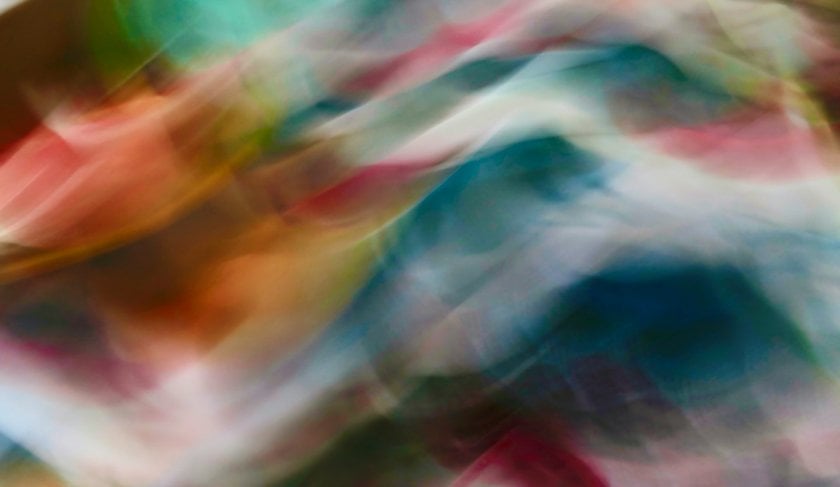
Now you know more about ICM in photography and the main camera movement techniques. With ICM, you can add a new creative message to your photos, develop your imagination, and create unique abstract images. Open up a world of artistic possibilities with this technique. Fill your pictures with a sense of dynamism, movement, and emotion. Mastering ICM requires patience, practice, and a willingness to accept the unexpected, but with our tips, you can get the results you want faster. Experiment with different movements and setups, as well as post-processing techniques, to improve your ICM skills. Discover new ways to express your creativity and vision, creating compelling images that leave a lasting impression on viewers.














